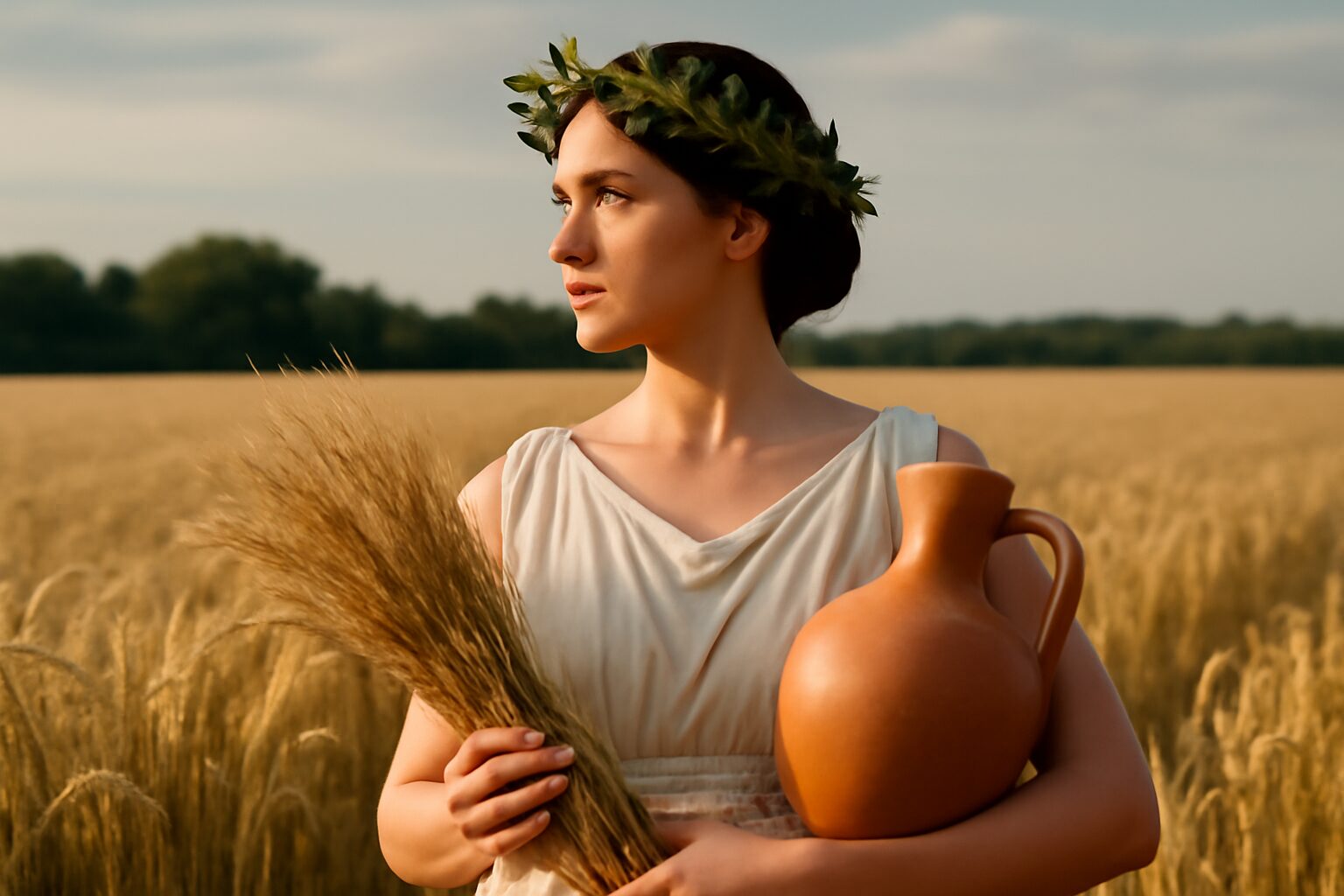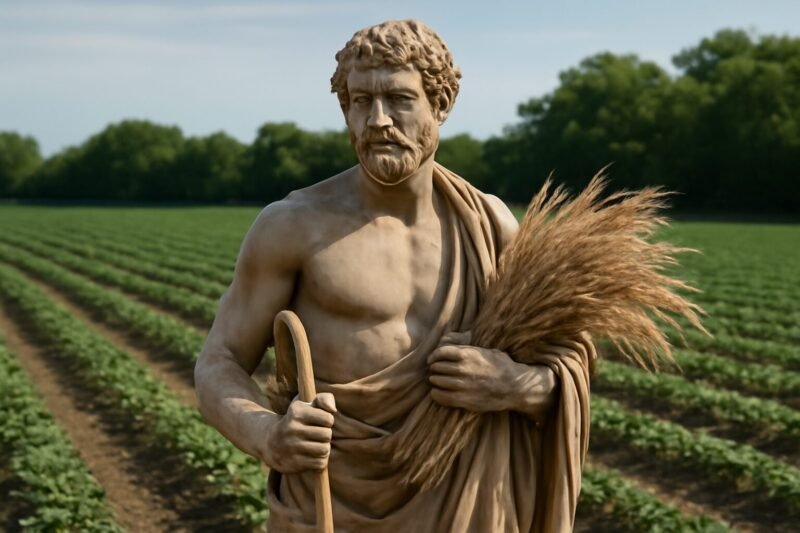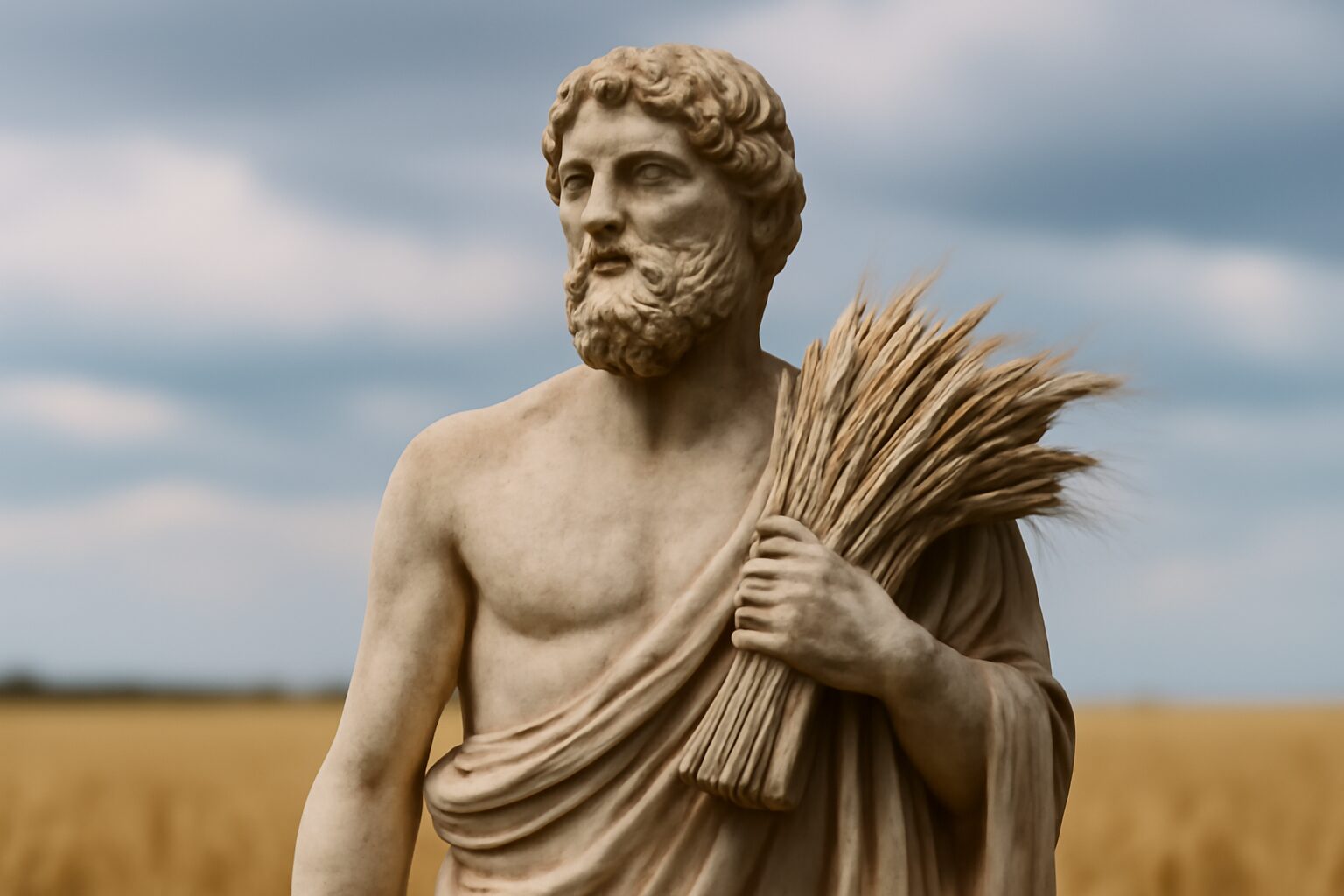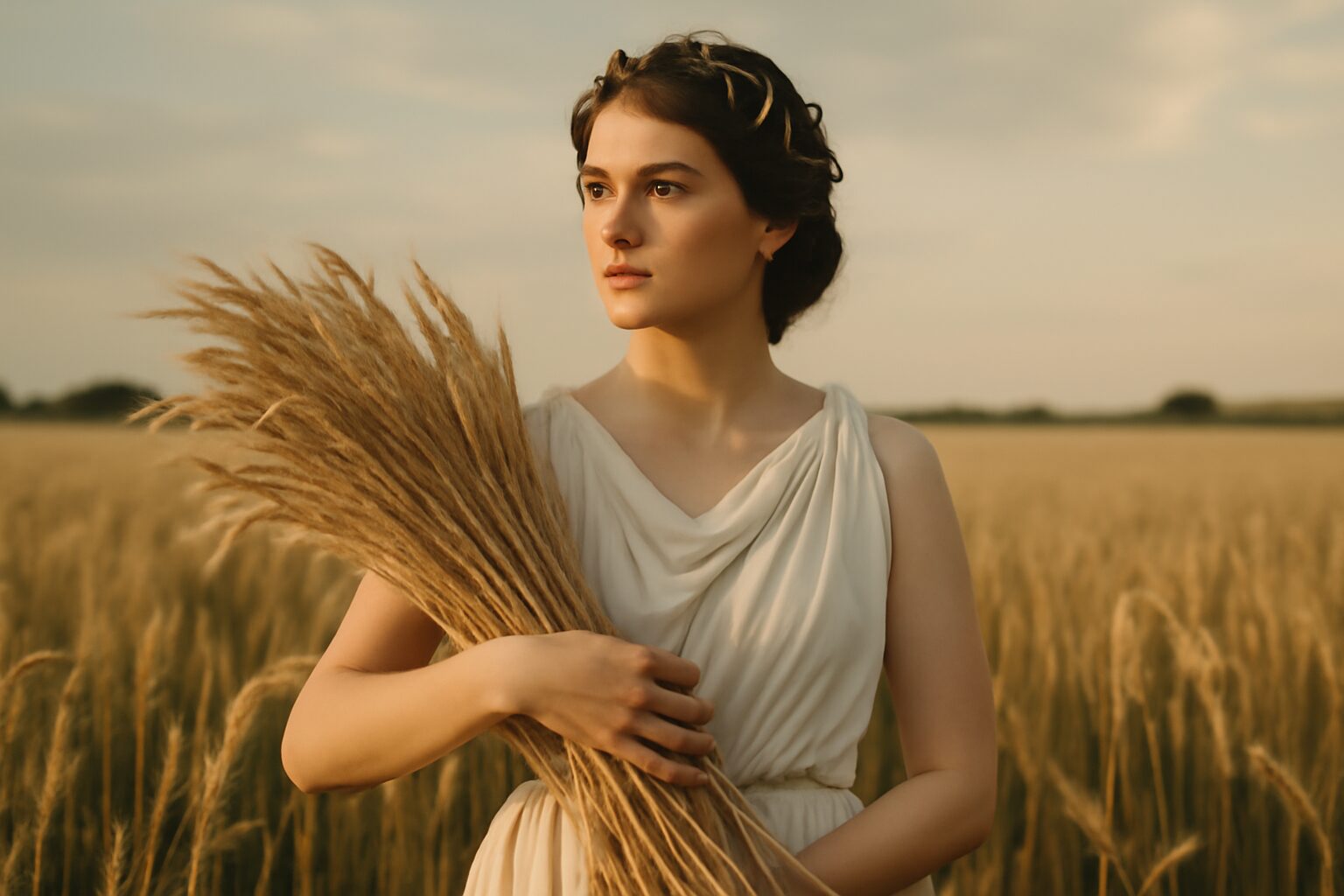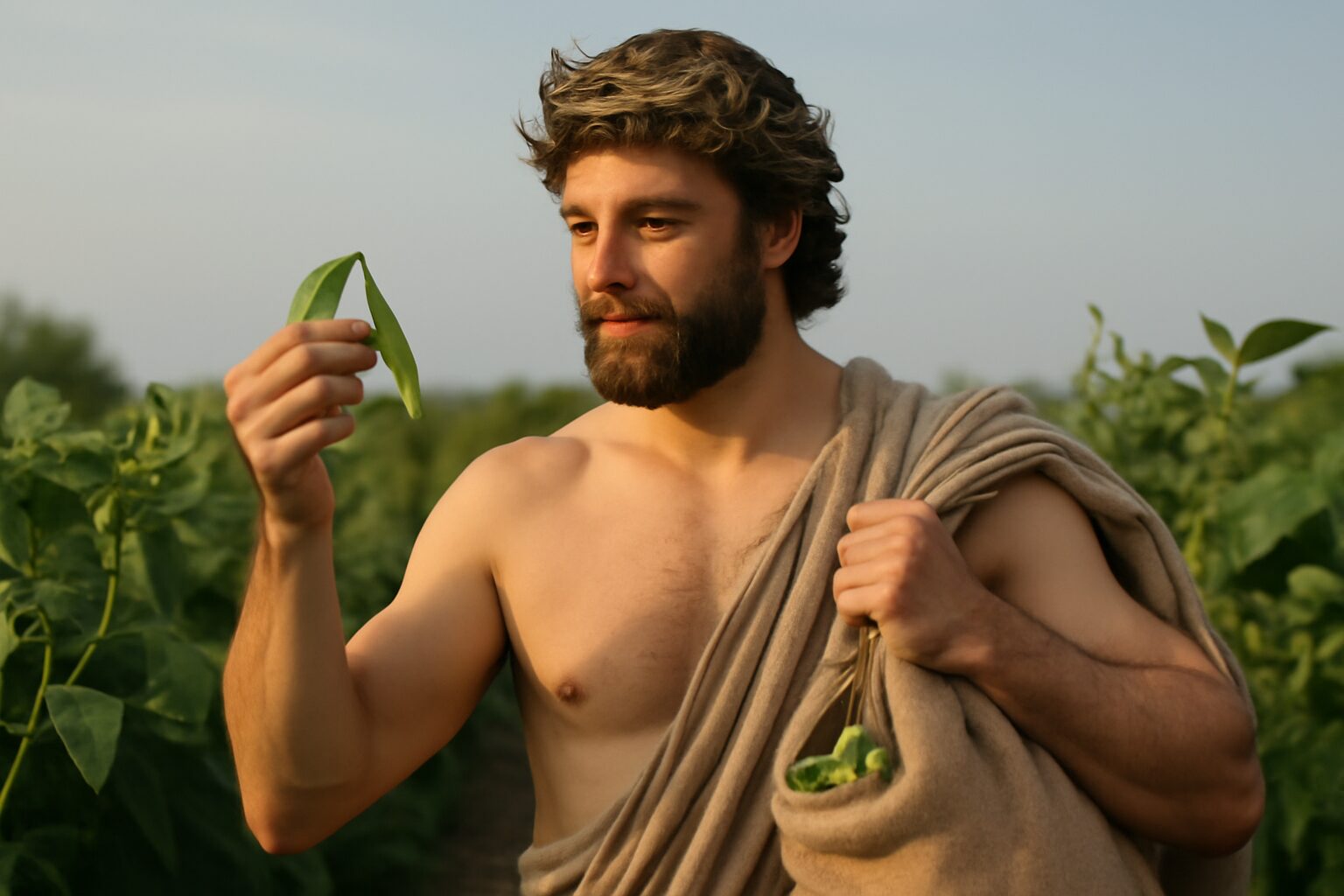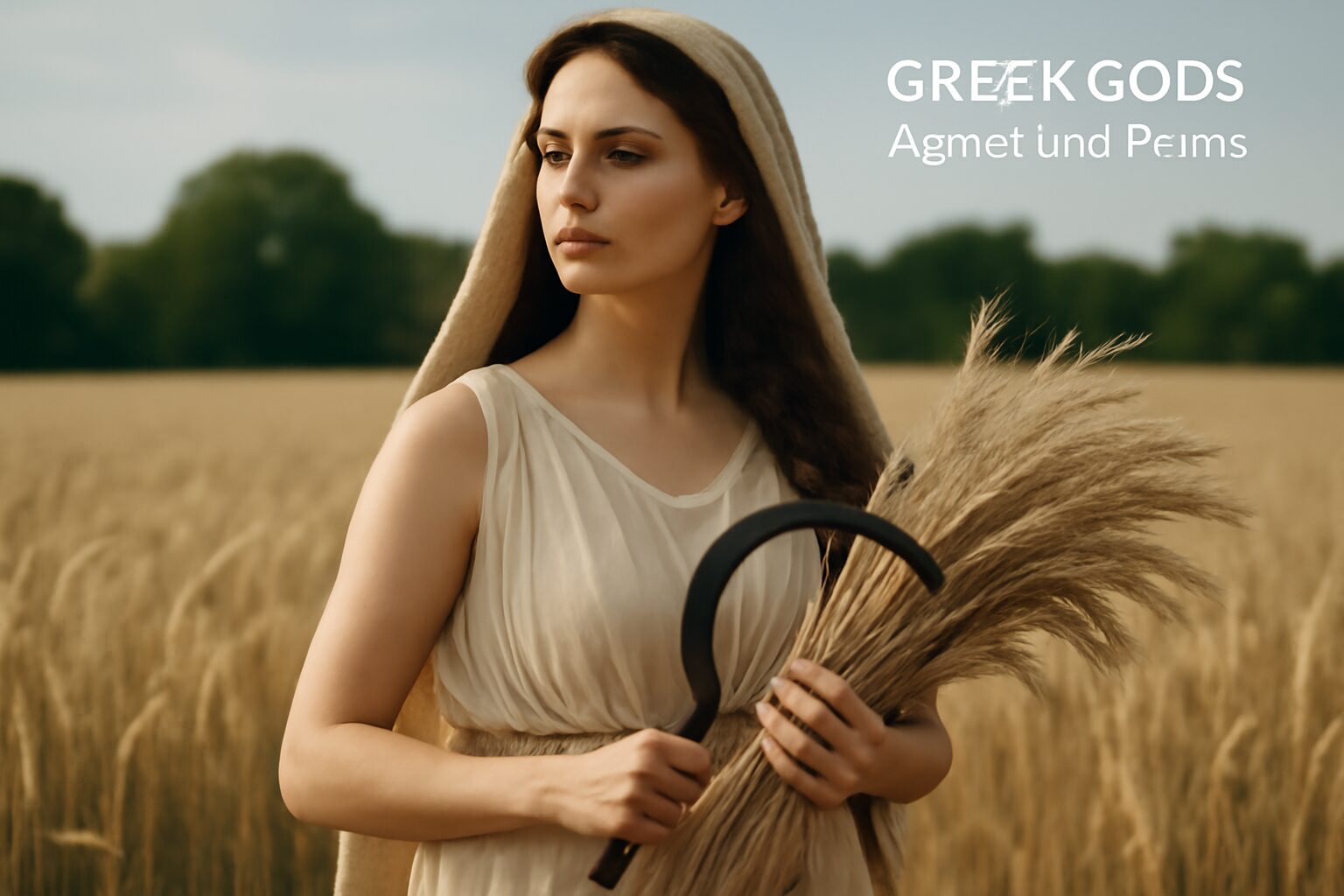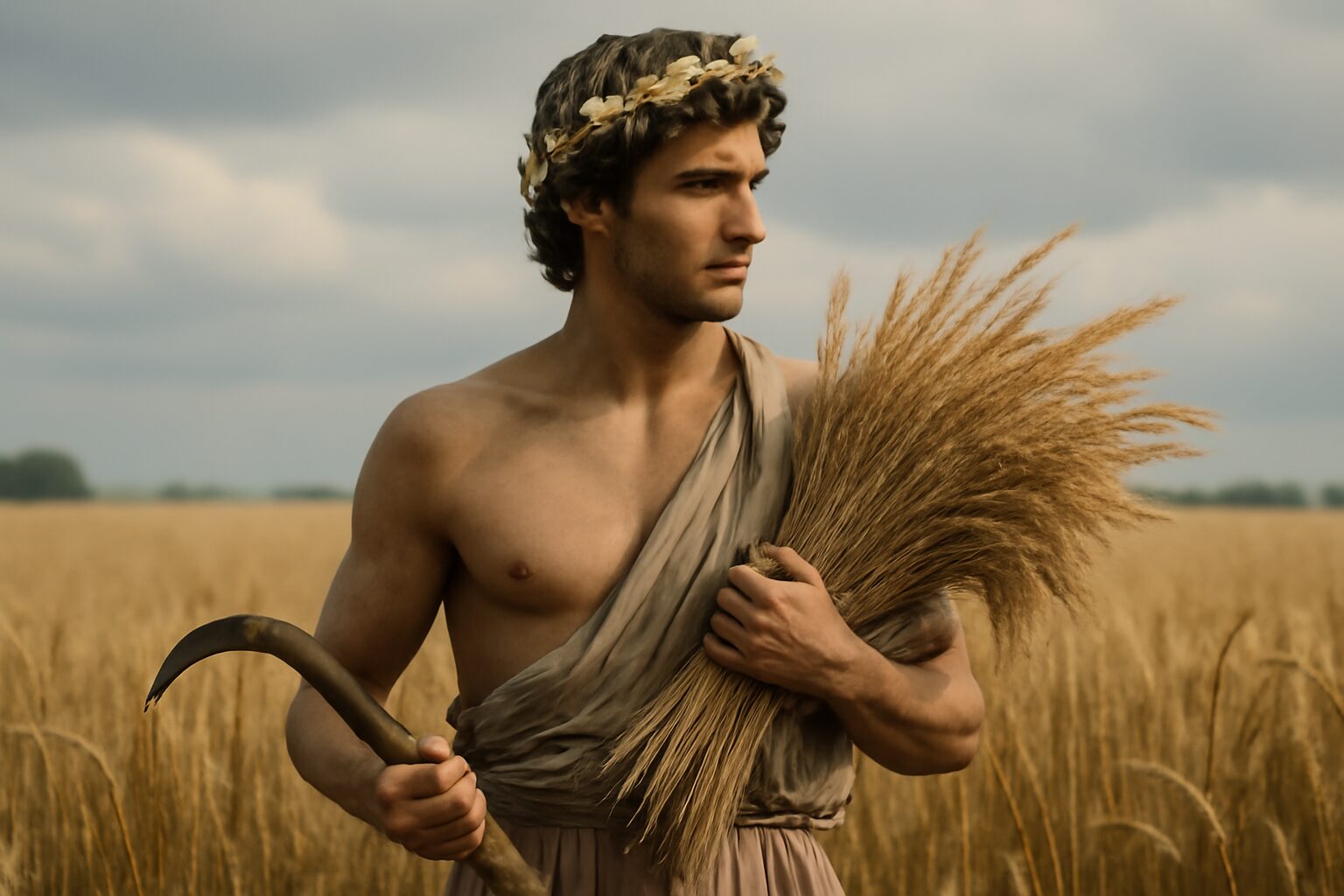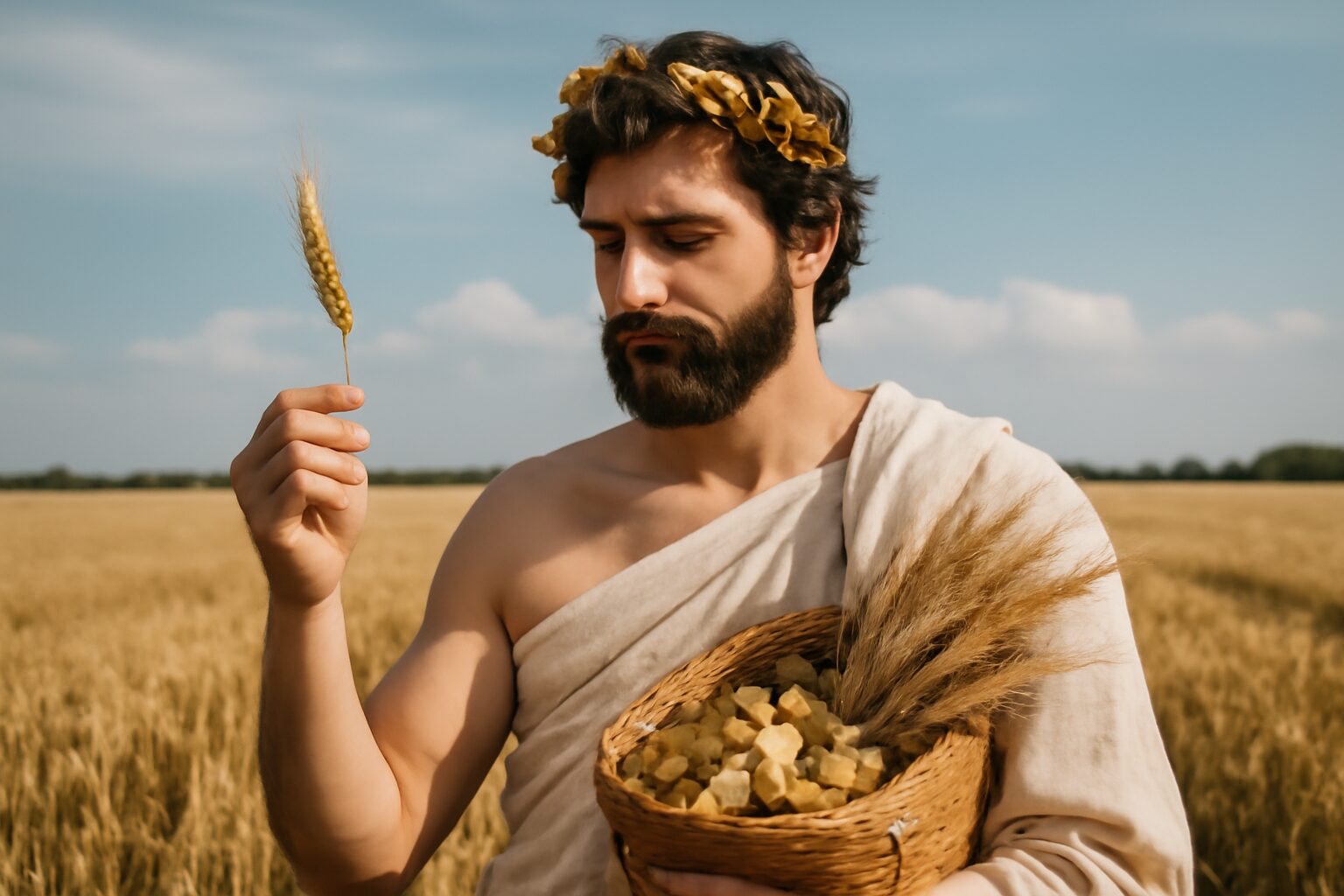Agricultural Deities

Some Agricultural Deities
Agricultural Deities in Greek Mythology
Greek mythology is rich with deities associated with agriculture, fertility, and the harvest. These gods and goddesses played vital roles in ensuring the prosperity of the land and its people.
Aphaea
Aphaea, primarily worshiped on the island of Aegina, was a goddess linked to fertility and the agricultural cycle. She was often invoked for bountiful harvests and the protection of crops.
Bootes
Bootes, whose name means "herdsman" or "plowman," was associated with plowing and the cultivation of the land. He symbolizes the hard work and dedication required in agriculture.
Carmanor
Carmanor was a harvest god from Crete, credited with introducing agricultural practices to the region. He was revered for his role in the reaping and threshing of grain.
Carme (Karme)
Carme, another Cretan deity, was a goddess of the harvest, particularly associated with grain and the fertility of the soil. She was often called upon during planting and harvesting seasons.
Cyamites
Cyamites was the divine patron of the bean plant. Farmers would offer prayers to him to ensure healthy legume crops, which were a staple in the ancient Greek diet.
Despoina
Despoina, meaning "the mistress," was a goddess of Arcadian origin connected to fertility and the growth of crops. Her worship emphasized the nurturing aspects of agriculture.
Eunostus
Eunostus was a goddess of the flour mill and the grinding of grain. She ensured the successful processing of harvested crops into food, a critical step in the agricultural chain.
Plutus
Plutus, the god of wealth, was closely tied to agricultural abundance. He was often depicted with a cornucopia, symbolizing the riches that come from fertile land and successful harvests.
Frequently Asked Questions
Who are the main agricultural deities in Greek mythology?
The main agricultural deities in Greek mythology are Demeter, the goddess of harvest and agriculture, and Dionysus, the god of wine and fertility. Demeter is especially important as she controls the growth of crops, while Dionysus is associated with the cultivation of grapes and wine production.
Why was agriculture so important to the ancient Greeks?
Agriculture was vital to the ancient Greeks because their economy and survival depended on farming. Crops like wheat, barley, olives, and grapes were staples of their diet and trade. Agricultural deities like Demeter and Dionysus were worshiped to ensure good harvests and prosperity.
What is the story of Demeter and Persephone in relation to agriculture?
The myth of Demeter and Persephone explains the changing seasons. When Persephone is taken to the underworld, Demeter grieves, causing crops to wither (winter). When Persephone returns, Demeter rejoices, and plants grow again (spring and summer). This story highlights the Greeks' understanding of agricultural cycles.
How did the ancient Greeks honor agricultural deities?
The ancient Greeks honored agricultural deities through festivals, sacrifices, and rituals. For example, the Thesmophoria was a festival dedicated to Demeter to ensure fertile soil, and the Dionysia celebrated Dionysus with wine and theater. Farmers often made offerings to these gods for bountiful harvests.
Are there any lessons from Greek agricultural myths that apply today?
Yes, Greek agricultural myths teach the importance of respecting nature and understanding seasonal cycles. The story of Demeter and Persephone, for example, reminds us of the interconnectedness of life and the environment. These myths also highlight the human need to find meaning in natural processes.

